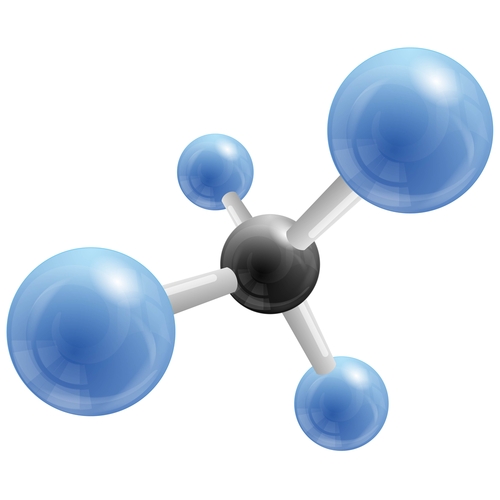Global Methane Initiative—A Trash to Treasure Story, Part 1
 |
According to the Environmental Protection Agency (EPA), methane “accounts for 14 percent of global GHG emissions with an estimated 7,196 million metric tons of carbon dioxide equivalent (MMTCO2E) of anthropogenic [manmade] emissions in 2010.” Although methane is emitted in smaller quantities than carbon dioxide (CO2) and has a shorter atmospheric life span of about 12 years, its “global warming potential,” or ability to trap heat in the atmosphere, is “28 times greater than that of CO2.”
On the other hand, the EPA also notes that the short life span of methane also makes it a perfect target for mitigating climate change in the “near term.” The EPA specifically states: “Methane emissions can be cheaper to reduce than CO2 emissions, and many cost-effective and economically viable opportunities exist worldwide. Overall, the potential for methane mitigation at or below $0/MTCO2E is approximately 1,000 MMTCO2E, and the mitigation potential more than doubles – to 2,000 MMTCO2E – at a cost of $30/MTCO2E.”
To address methane, in 2004, 14 countries, including the United States, started the Methane to Markets Partnership, which was committed to reducing methane emissions through abatement, recovery, and use from five targeted sources:
- Agriculture,
- Coal mines,
- Municipal solid waste,
- Oil and gas systems, and
- Wastewater.
Join us for our Managing Solid Waste webinar on January 28 to learn how to build or improve your solid waste program, reduce management costs, and increase the profitability of your facility’s solid waste. Learn more.
In 2010, the GMI was launched with 37 partner countries and, as of December 2014, a total of 45 countries have joined. According to the GMI, these countries together represent “approximately 70 percent of global methane emissions from the targeted sources.”
As a founding partner, the United States government plays a leading role in the GMI with six major federal agencies and departments with specific responsibilities:
- The EPA manages the Agency’s methane programs and serves as the Initiative Steering Committee chair and supports the Administrative Support Group (ASG), which manages communication and outreach activities such as meetings, website maintenance, and mailings,
- The Department of State leads international climate change policy and activities,
- The Department of Energy contributes valuable expertise in the areas of natural gas and coal mine methane technologies,
- The U.S. Trade and Development Agency (U.S. TDA) helps to facilitate development in emerging markets by promoting U.S. partnerships in high-priority overseas projects,
- The U.S. Agency for International Development (USAID) provides important technical expertise in the economic reform of energy sectors to create markets that support private sector projects in developing countries and those with economies in transition, and
- The U.S. Department of Agriculture (USDA) lends technical expertise in the animal waste management sector.
Managing Solid Waste: How to Maximize Profit by Analyzing Your Waste Streams Better
Analyze how your organization manages solid waste streams so you can reduce costs and increase profitability Space is limited, so register now.
In addition to the federal support, the GMI also includes a Project Network, which it defines as “a growing community of private-sector entities, financial institutions, and other governmental and non-governmental organizations with an interest in methane abatement, recovery, and use projects.” Those wishing to join the Project Network are asked to complete a nonbinding online Agreement Form and, when accepted, are allowed to use the GMI Project Network logo to symbolize their commitment to the Initiative. They can also take advantage of other benefits, including:
- Reducing costs and generating profits through methane abatement, recovery, and use projects,
- Participating in GMI activities and meetings,
- Getting direct access to technical expertise and assistance,
- Access to cutting-edge news and information,
- Identifying and securing funding for projects, and
- Submitting project ideas and activities to the GMI subcommittees.
